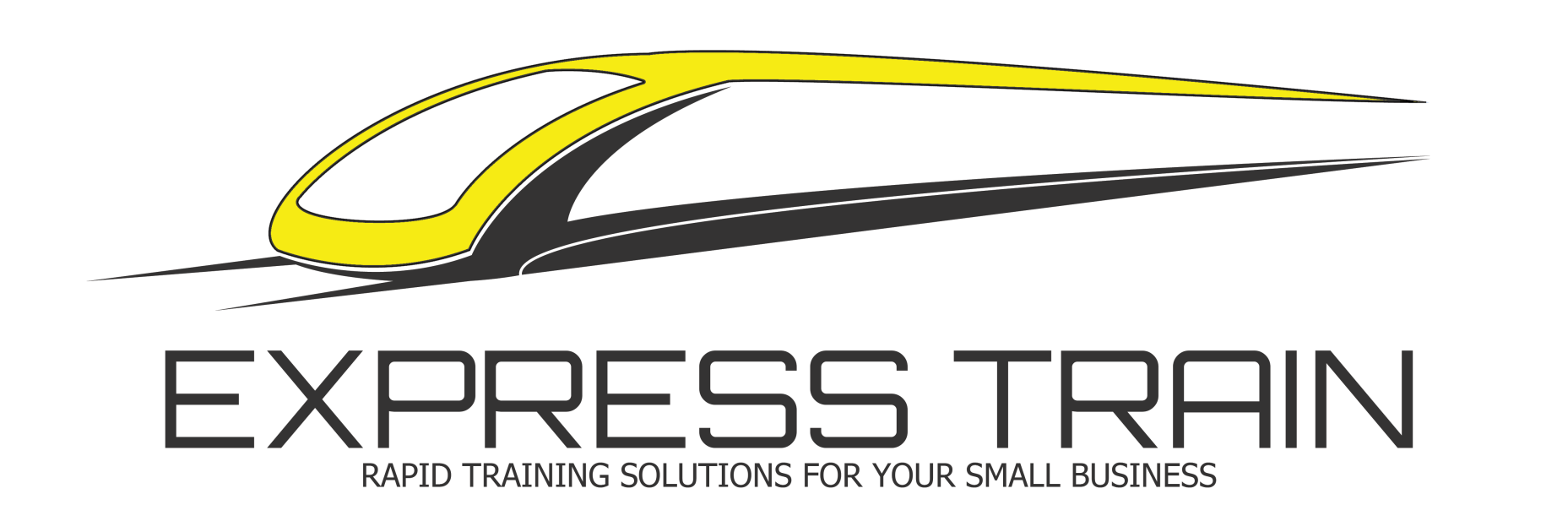The Legal Landscape: Quick and Dirty
Worker’s Comp: If someone suffers an injury because a tool fails, typically a worker’s compensation claim follows. It might stop there if the boss genuinely didn’t know the tool was a lemon. But if there’s evidence they knew about safety problems and did zip about it, things can go sideways fast.
Negligence Lawsuits: It’s not all that common (because worker’s comp is the usual path), but in special cases—like gross negligence or deliberate disregard for safety—an employee might pursue a lawsuit outside worker’s comp.
Product Liability: Sometimes a tool is just plain defective from the factory. In that case, the tool’s manufacturer might end up in hot water. But that doesn’t automatically let an employer off the hook if they knowingly allowed subpar gear on-site.
Avoiding Dirty Disasters
In the spirit of doing the job right, here are a few ways employers (and employees) can sidestep safety nightmares:
Set the Standard: If I’m a boss, I’m going to make darn sure my crew knows what brand or safety rating of tools they need to buy. No “if it looks sturdy enough” guesswork. Clear guidelines can help everyone stay consistent and safe.
Ongoing Tool Checks: Just like changing the oil in your truck, tools need check-ups. Employers that run regular inspections on worker-owned tools are a step ahead. If something’s broken or worn out, they yank it off the floor and make sure nobody loses a limb using it.
Training and More Training: Knowledge is power. Giving (or requiring) training on tool safety and maintenance helps avoid the pitfalls of cheap, questionable gear.
Paper Trails: If there’s one thing I’ve learned from my travels, it’s that documentation can save your bacon. Records of tool inspections, safety meetings, and training sessions show good faith and might keep the suits (both legal and administrative) off your back.
Safety is Everyone’s Job
I’ve seen a lot of folks who’d rather jam a flathead screwdriver into a Phillips screw than go buy the right tool. That might seem like a minor offense, but when you scale that attitude up across an entire workforce, you’re flirting with disaster. When workers and employers both do their part—buying decent tools, checking them regularly, and training people to use them right—we all end up safer.
So, are companies opening themselves up to lawsuits by making employees buy their own tools? Potentially, yes—if they don’t also enforce safety standards and best practices. A cheap tool might save a few bucks in the short run, but a serious injury on the job can come with a price tag nobody wants to pay.Until next time, remember. Hard work’s never dirty if it’s done right—and “done right” includes looking after each other’s safety.
I’m STAN, reminding you that the best “tool” for any job is a good head on your shoulders, a keen eye for safety, and the integrity to do it correctly. Keep your boots on the ground, and I’ll see you out there.

